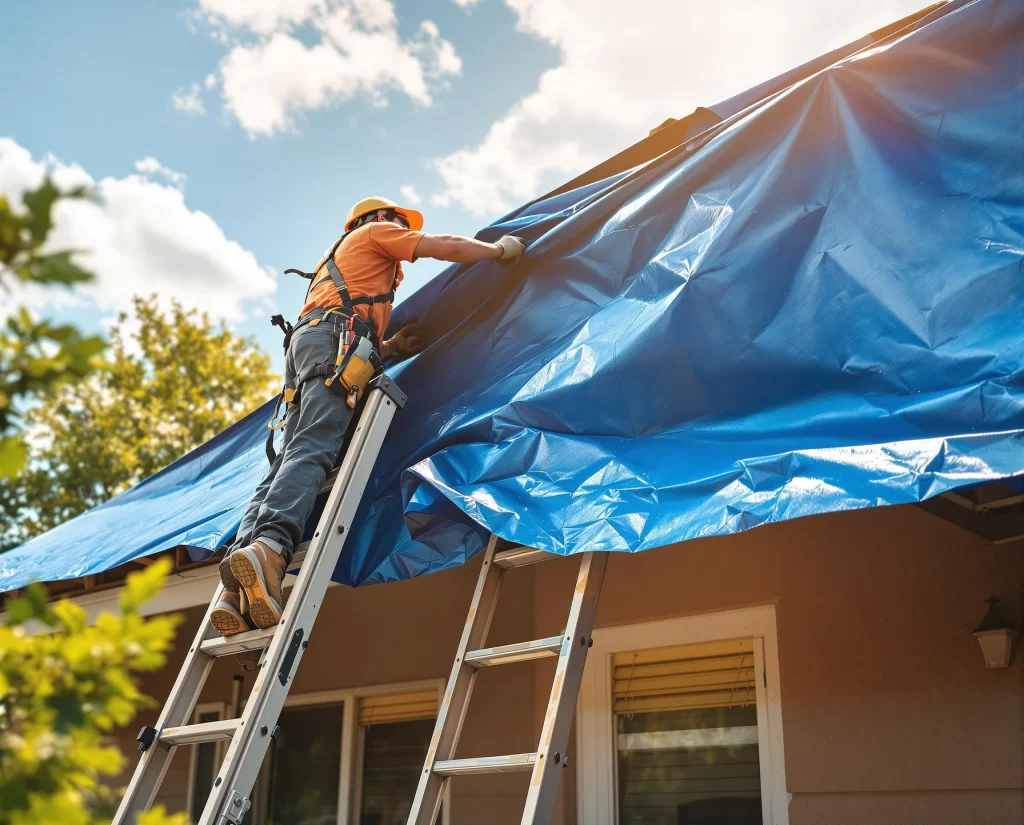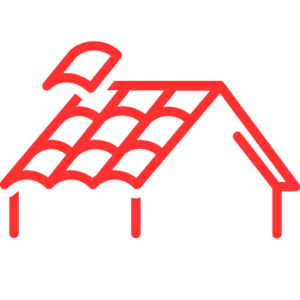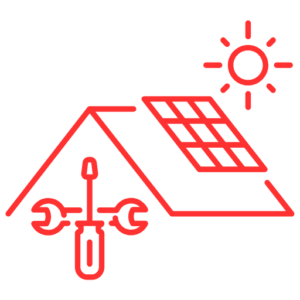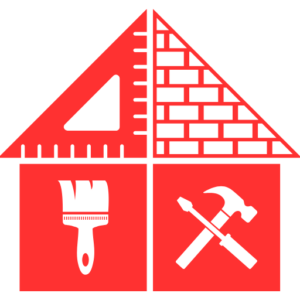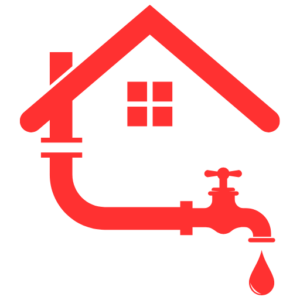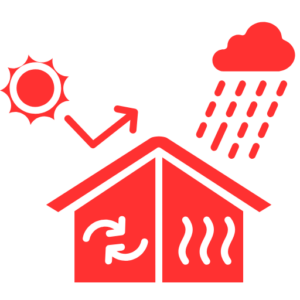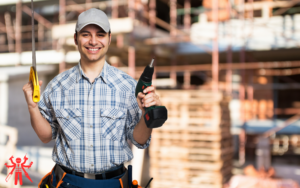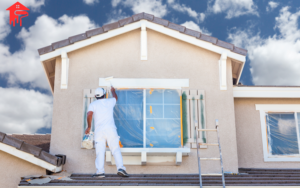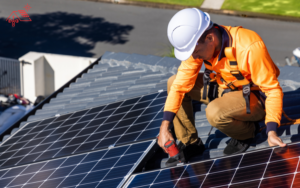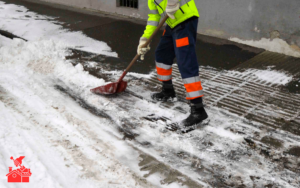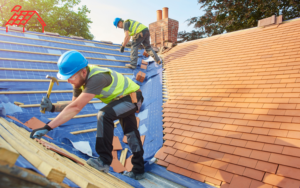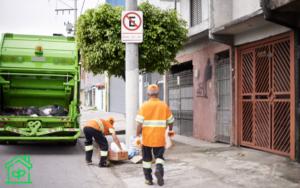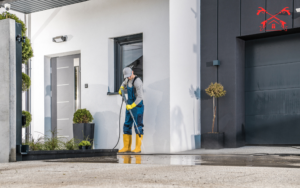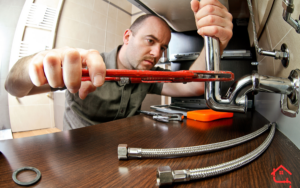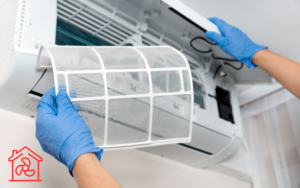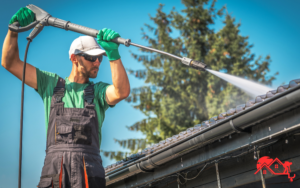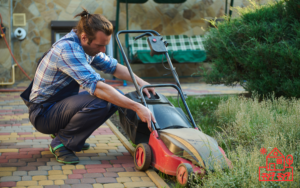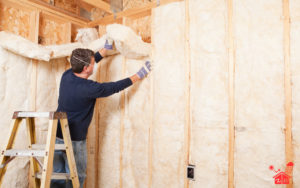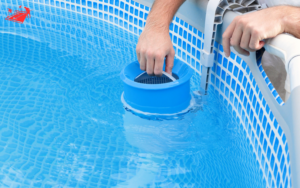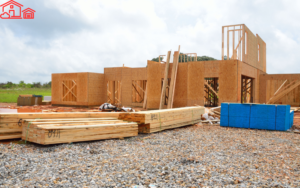INTRO
Welcome! If you're dealing with a leaky roof, I understand how stressful and urgent the situation can feel. Whether it's a sudden storm or a slow leak that’s gotten worse over time, it’s essential to take action quickly. In this guide, I’ll walk you through the steps to install a roof tarp to temporarily seal those leaks and keep your home safe until a professional can provide a more permanent solution.
How to Install a Roof Tarp for Leaks
Installing a roof tarp is a straightforward process, and it can save me from further damage to my home. Here’s how I can effectively do it.
Gather My Supplies
Before starting, I need to make sure I have all the necessary tools and materials:
- Roof tarp (heavy-duty recommended)
- Rope or bungee cords
- Ladder
- Hammer (and nails or screws if needed)
- Tarpaulin clips or plastic sheeting
Choosing the Right Roof Tarp
I should select a tarp that is large enough to cover the entire leak area and extends a few feet beyond it. A heavier tarpaulin can withstand wind and rain better.
Inspect the Roof
Before climbing onto my roof, I should assess the damage from the ground. This will help me identify where the leak is and decide the best spot to position the tarp.
Secure My Ladder
Safety first! I need to place my ladder on stable ground and ensure it’s secure before climbing. It’s wise to have someone hold it while I’m on the roof.
Position the Roof Tarp
Once safely on the roof, I can lay the tarp over the leaking area. I need to ensure the tarp covers the leak completely and that the sides reach down past the edge of the roof to divert water away.
Tacking Down the Tarp
I can use nails or screws to secure the tarp at the edges, making sure not to puncture the area that’s leaking. If I have clips, I can use those to fasten the tarp securely, or I can use my rope or bungee cords to tie it down.
Check for Proper Coverage
After securing the tarp, I should double-check to ensure it’s properly covering the leak and isn’t positioned in a way that will funnel water back into my home.
Creating a Drainage Path
To prevent water from pooling on the tarp, I can angle the tarp down so that any rainwater flows off rather than accumulating.
DIY vs. Professional Services
While it’s possible for me to patch my roof with a tarp, I should remember that a proper inspection and repair by a professional can ensure that the underlying damage is addressed effectively. Proper service ensures longevity and security.
Testimonials
- “I was so relieved to find out how easy it was to install a tarp! It saved my living room from water damage.” — Sarah J., Springfield, MO
- “The quick installation of a roof tarp bought me valuable time to get a professional to fix my roof properly.” — Mark L., Springfield, MO
- “I never thought I could fix a roof leak myself! The tarp worked wonders until the repair.” — Emily R., Springfield, MO
Did You Know?
Did you know that many leaking roofs can lead to costly mold issues if not addressed promptly? Installing a tarp temporarily can help prevent further damage while saving me money in the long run.
TL;DR Summary
- Installing a roof tarp can quickly seal leaks to protect my home.
- I need to use a sturdy tarp and secure it properly to ensure it withstands weather conditions.
- Professional services are recommended for permanent fixes to avoid future issues.
FAQs
1. How long can I leave a tarp on my roof?
I can leave a tarp on for several weeks, but it’s best to schedule a professional inspection and repair as soon as possible to address any underlying issues.
2. Can I install a roof tarp myself?
Absolutely! With the right tools and safety precautions, I can install a roof tarp myself. Just make sure to assess the situation carefully before climbing onto the roof.
3. What should I look for when choosing a roof tarp?
I should look for heavy-duty materials that are waterproof and UV-resistant. Choosing the right size is also crucial, as it should extend beyond the damaged area.
4. Will water still get through if I use a tarp?
While a properly installed tarp can significantly reduce the risk of water leaking through, it’s a temporary fix. I should still arrange for a professional repair to ensure complete waterproofing.
5. How do I know if I need a new roof?
If I notice multiple leaks in different areas or significant wear and tear, it might indicate that a roof replacement is necessary. Consulting with a roofing expert can provide clarity on the best course of action.


